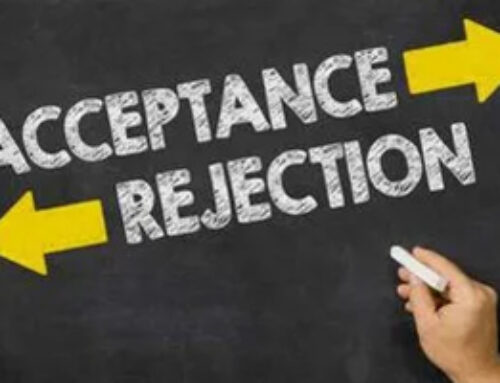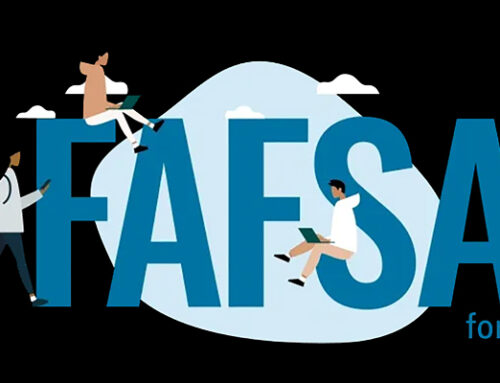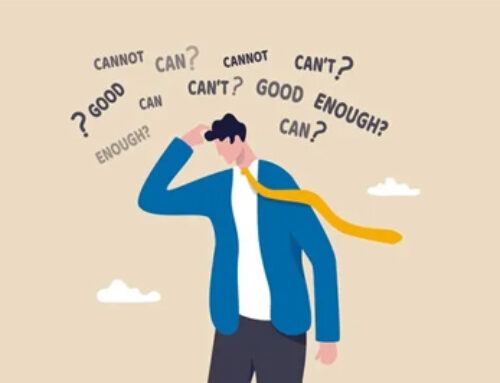 Writing original and authentic narratives for college application essays has always been key, and today, it is more important than ever – particularly with the developments of ChatGPT/AI, the SCOTUS decision, and plagiarism concerns. Let us digest this:
Writing original and authentic narratives for college application essays has always been key, and today, it is more important than ever – particularly with the developments of ChatGPT/AI, the SCOTUS decision, and plagiarism concerns. Let us digest this:
Chat GPT and Other AI Tools:
Artificial intelligence (AI) applications such as ChatGPT have been in the news quite a bit – and some have harkended this to be the “death of high school English.” However, in practice, essays written by these tools have at best appear very generic or “lifeless”, and at worse, may even produce inaccurate or false information.
While AI tools can be useful in terms of researching information, or even producing an outline or “skeleton” for a written narrative, resist the temptation to make extensive use of them or take shortcuts in writing your application essays (or any other school assignments) – you will be doing yourself a disservice and it will lack “soul” and your own personal touch. You may also be at risk of being accused of plagiarism (see below).
Race, Ethnicity, Heritage and the SCOTUS Decision
While this year’s Supreme Court ruling banned the use of race as a factor in admissions, it should not discourage you from citing or referencing your ethnicity, heritage, or race in your narratives (the University of California, prohibited from considering race in admissions decisions since Prop 209 passed in 1996, certainly allows you to discuss your heritage in their personal insight questions, or PIQs). If there is a feature or experience of your background that influenced your development, character, or characters – go ahead! This can help you achieve that level of authenticity that makes you, YOU.
Plagiarism Concerns
Your high school likely uses AI checking programs (e.g. turnitin) to detect plagiarism in your written assignments, so this isn’t new. It’s also likely colleges and universities are also using similar verification systems as well.
For example, the University of California runs verification checks on received applications, including a plagiarism check on their PIQs. Our fellow counselor and colleague Ask Ms. Sun warns you to pay attention if and when UC contacts you if they suspect you of plagiarism – failure to respond to a verification request will result in cancellation of your application. Also, you’re advised not to share or post your PIQs with friends or online – lest they may be tempted to use them – and get you in trouble! So don’t take shortcuts and copy stuff – there are consequences.
Fellow students, be true to yourself in not only your writing for applications and other assignments, but in general, how you approach life. You’ll be glad you did!




